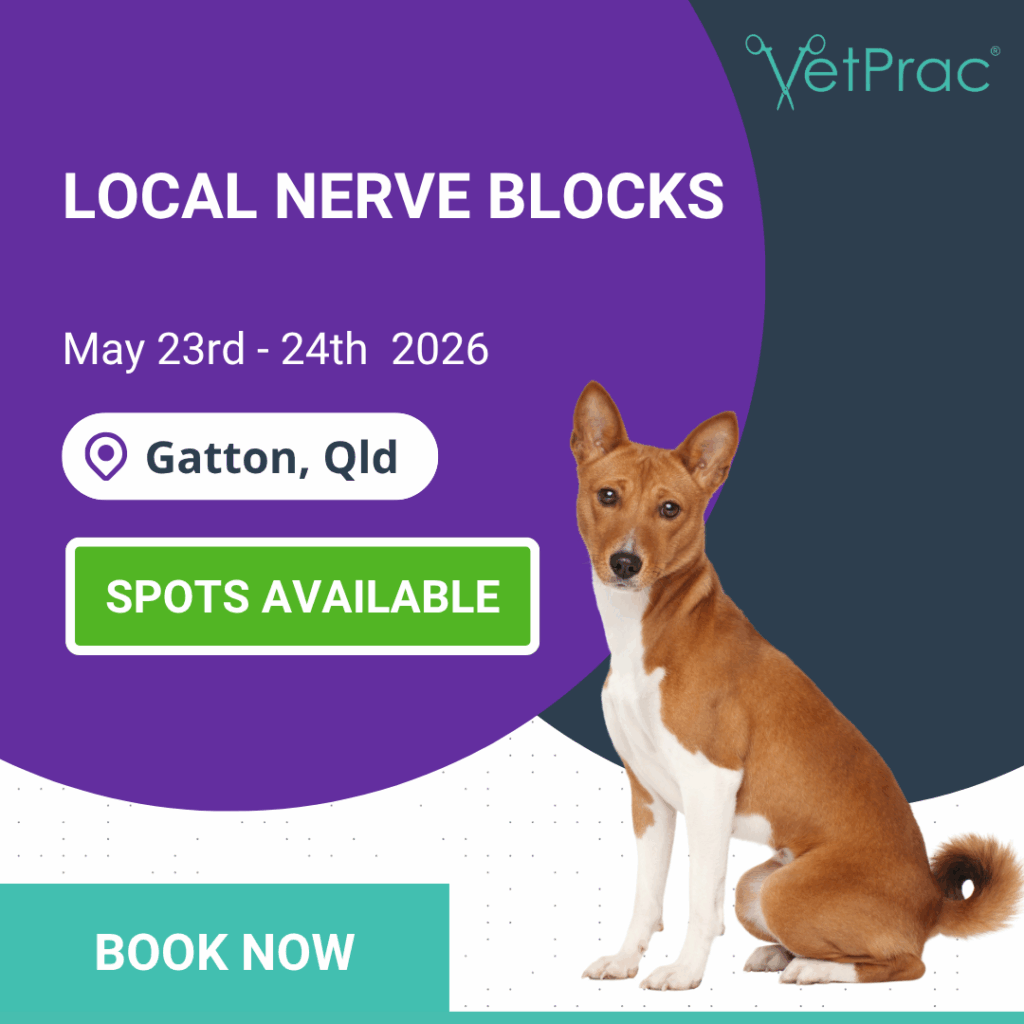Bridging the gap between learning and doing

Here’s how to claim your offer:
1. Choose your workshop below
2. Register and enter code VETPRACVALENTINE at checkout
3. Get your bundle, we’ll email access within 48 hours
OFFER ENDS IN:
Not available with payment plans – offer valid February 10 – 18, 2026
Day(s)
:
Hour(s)
:
Minute(s)
:
Second(s)
UPCOMING VETERINARY EDUCATION
For more news and updates follow us @vetprac

VetPrac acknowledges Traditional Owners of Country throughout Australia and recognises the continuing connection to lands, waters and communities. We pay our respects to Aboriginal and Torres Strait Islander cultures; and to Elders past, present and emerging. Aboriginal and Torres Strait Islander peoples should be aware that this website may contain images or names of people who have since passed away.















